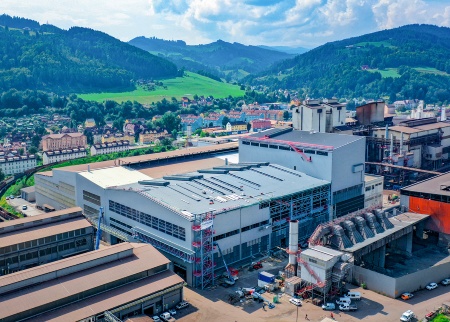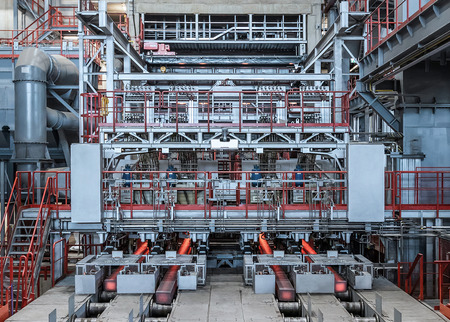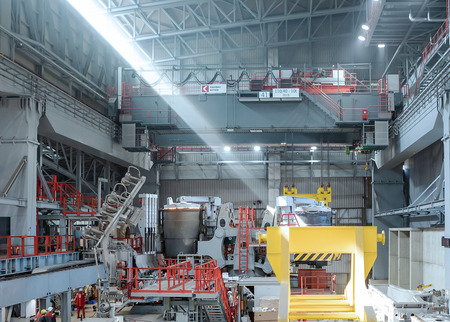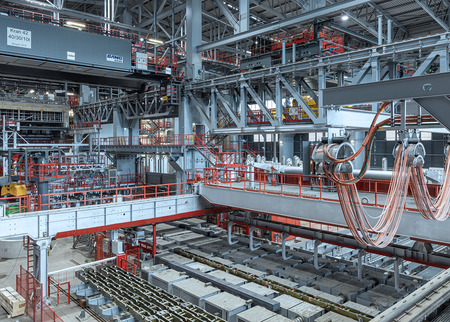voestalpine opened the world’s most advanced continuous caster at the site in Donawitz




The voestalpine Metal Engineering Division produces high-grade steels at its site in Donawitz, for processing into special rails for railway infrastructure, premium wires for the automotive industry, and high-quality seamless tubes for oil & gas exploration. The start-up of a new, fully automated continuous caster will allow the Group to further increase the quality of the steel grades, which are used in the manufacture of highly advanced products. The state-of-the-art facility represents an investment volume of around EUR 90 million and has an annual production capacity of one million tons.